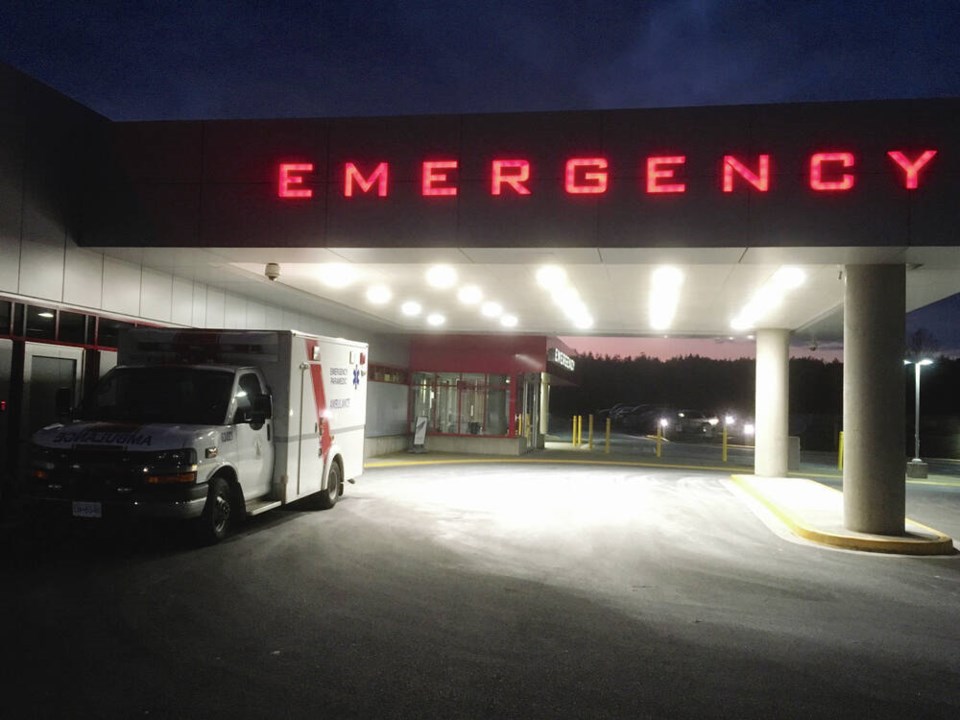A commentary by a retired anesthesiologist who lives in Victoria.
To quote Richard Rowland, “the lunatics have taken charge of the asylum.” Several recent stories have been published about the continued use of illicit drugs in hospitals within Island Health (and presumably other health authorities in British Columbia), and the directives given to hospital staff in dealing with this problem.
The April 24 article “Island Health memo instructs nurses not to stop illicit drug use in hospitals” includes the statement that “nurses are told to train patients on how to inject illicit drugs into their veins through IV lines; they are told to facilitate patient-identified substance-use goals by providing burner kits with crack pipes and matches; if staff encounter a patient using illicit substances … if it’s unsafe … address those concerns and return in five minutes.”
If this is accurate, what utter stupidity! Whoever has drafted these “guidelines” is obviously far removed from the front lines of health care in our hospitals in 2024.
I am a retired anesthesiologist, having worked almost 30 years in Island Health, primarily at Victoria General Hospital, one of the hospitals involved in this story. There were many occasions during my career where patients were in hospital for various reasons, but had a pre-existing addiction to narcotic substances.
These cases were managed both intra-operatively and post-operatively, with appropriate care. This never involved those patients bringing their own drugs into hospital for self-administration.
There are many factors involved in the crisis of drug overdose deaths. The commonest drug involved in narcotic overdose deaths is fentanyl, a synthetic opioid up to 100 times as potent as morphine. (In 2018, fentanyl surpassed heroin as the most frequent overdose death-causing narcotic in the United States.)
But there is nothing new or magical about fentanyl. It was first licensed for medical use in 1968 and has been used for decades as part of modern anesthetic care intra-operatively, post-operatively and for chronic pain.
The problem is not this drug (or other abused substances, such as Dilaudid, cocaine, morphine, ketamine etc.), but the fact that they are self-administered by individuals who have no knowledge of the actual composition or amounts of what they are putting into their veins, or into their lungs or into their stomachs.
These individuals are woefully unprepared for any deadly consequences.
Island Health is suggesting that nurses and other hospital staff should facilitate this illegal use? And when the first overdose death, or sepsis death from a contaminated IV line, occurs, what charges will the hospital staff involved be facing?
I very much doubt the author of the “guidelines” will be taking full responsibilty. The very idea contravenes ethical guidelines nursing and medical professionals adhere to in their daily lives. It is a shocking insult to all medical professionals.
It is well and good to empathize with the rights of drug-addicted individuals, but what about the rights of the health-care professionals who are striving mightily to cope with a system which by all accounts is failing on many fronts?
It is incredible, coming on the heels of the stress of the Covid pandemic, that Island Health has come up with this “plan.”
Acute care hospitals are not designed as rehabilitation facilities. The patients in these hospitals are primarily admitted because of either illness or injury of a severe nature.
As stated above, if they have a pre-existing drug dependency it can and should be managed by the health care professionals, not the patients themselves!
This is not to say that people with drug addictions should be ignored. They need help (although all too often they are not interested in being helped) and facilities and personnel to provide that assistance.
But not in the acute care hospitals as they exist today.



